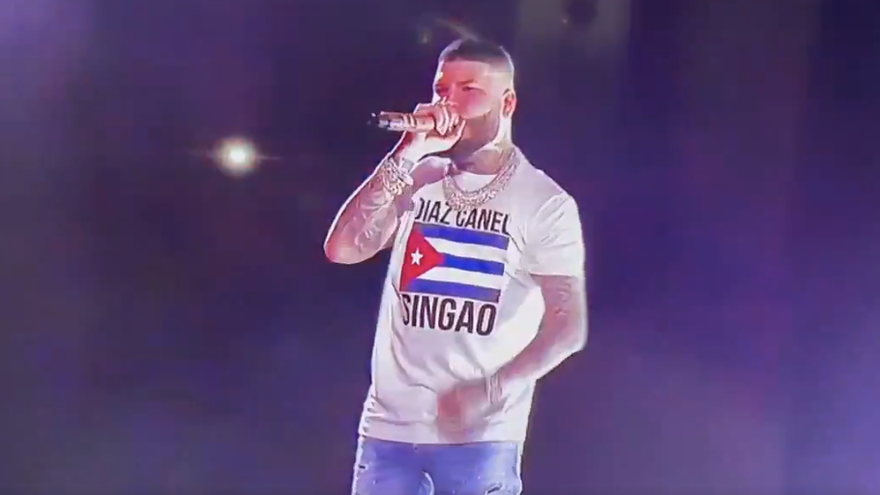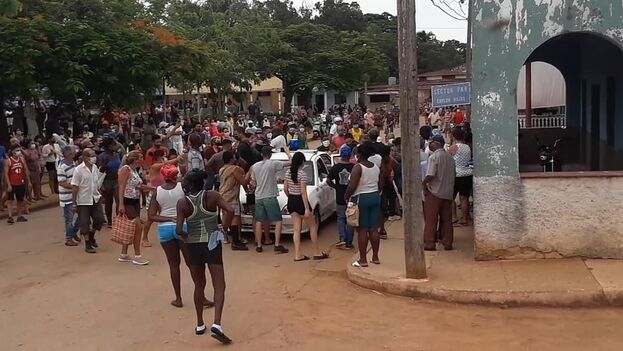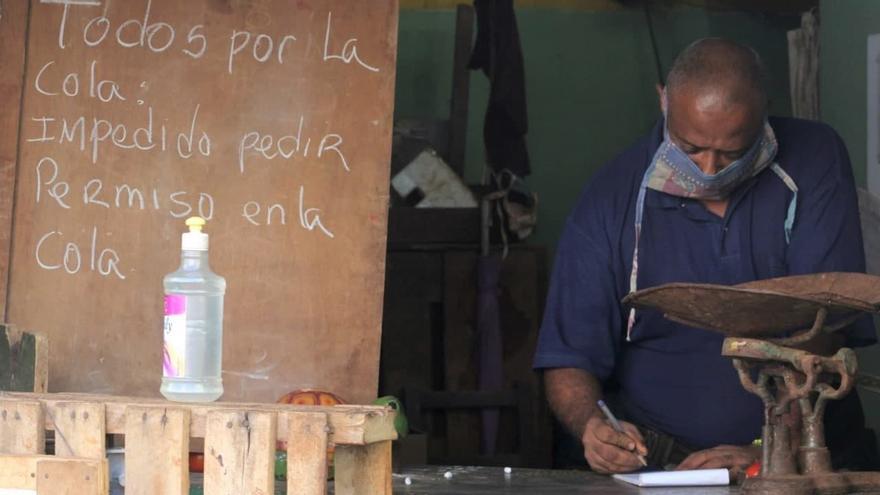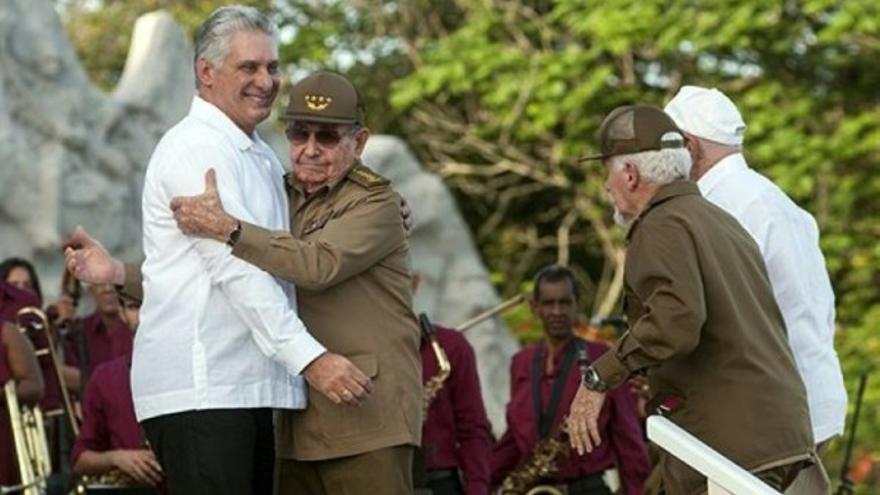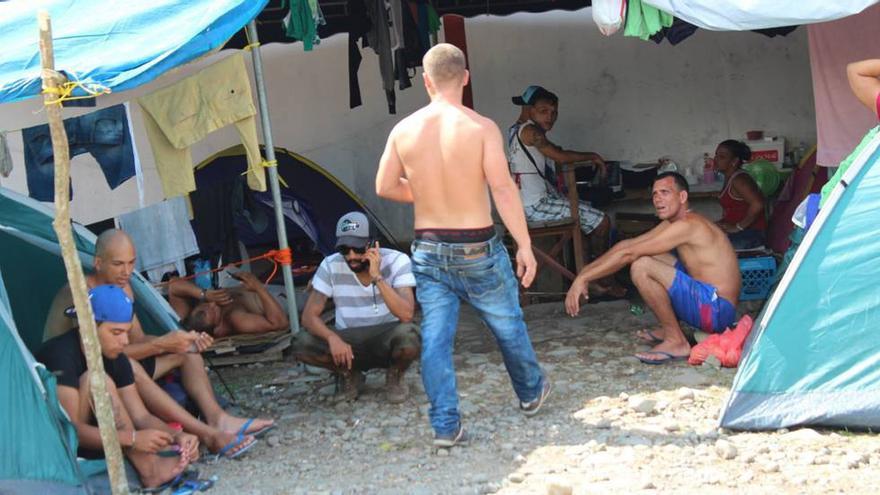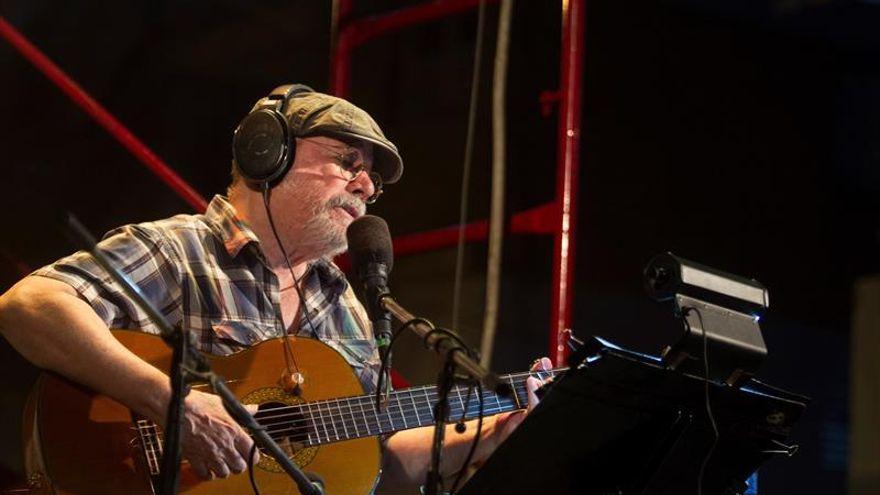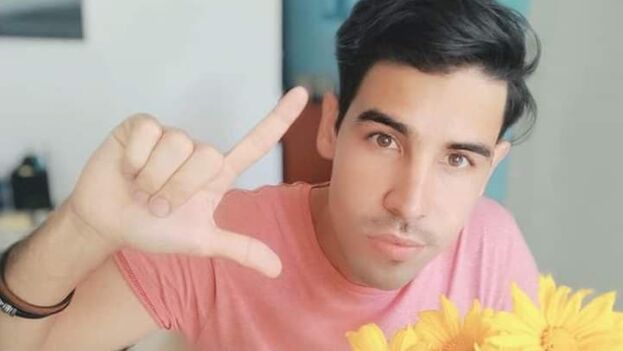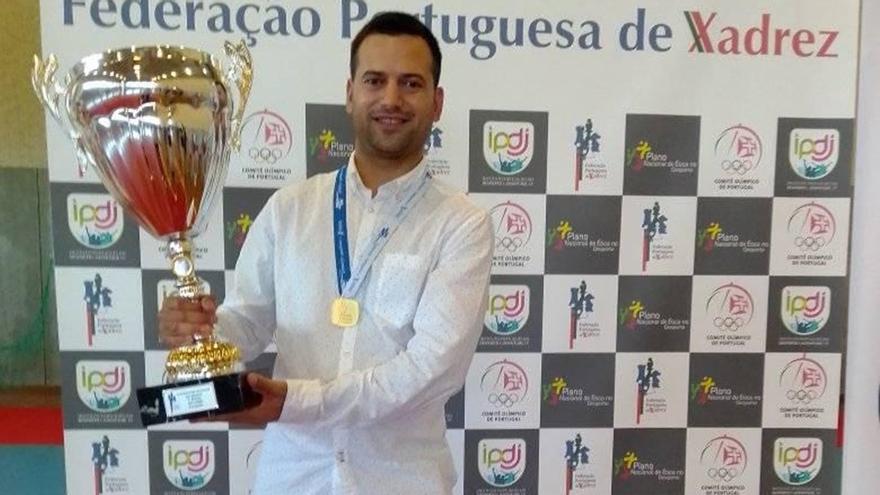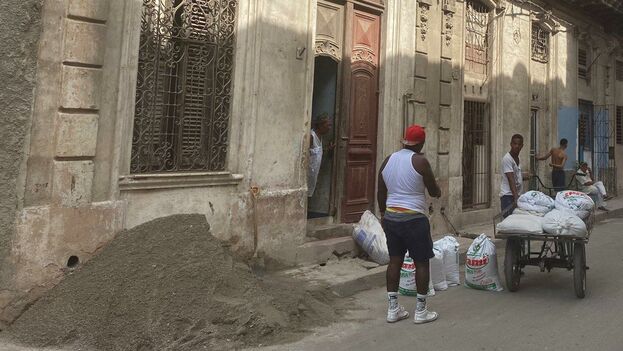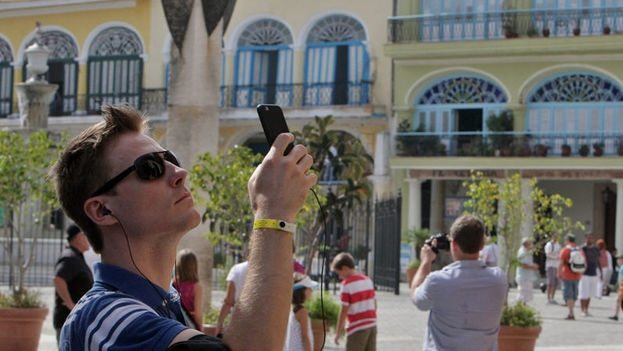
![]() Elías Amor Bravo, Economist, July 22, 2021 – No one should be deceived. The Spanish or Italian tourist who travels to Cuba for pleasure and vacation has as much interest in the current political situation on the island as those legendary Swedes who came to Spain in the 60s in search of sun, sand, and the “macho Iberian.”
Elías Amor Bravo, Economist, July 22, 2021 – No one should be deceived. The Spanish or Italian tourist who travels to Cuba for pleasure and vacation has as much interest in the current political situation on the island as those legendary Swedes who came to Spain in the 60s in search of sun, sand, and the “macho Iberian.”
Those Scandinavian women didn’t know who Franco was, didn’t give a damn that freedom fighters in the cities were being arrested by the secret police, or that the trade unionists were seeking sanctuary in churches to claim holy ground and avoid repression by secret police.
They were going to spend a week or two in Benidorm, the Costa Brava, Marbella, or Mallorca; in short, more or less the same thing that happens with Italians and Spaniards in Cuba, who choose Varadero, María La Gorda, or Holguín to enjoy paradise.
Since the “Special Period,” tourism trends to the Island have been adapting to the times, but rarely does a tourist seek out activists or dissidents, and in many cases they even reject continue reading
I remember not long ago that some Spanish friends who visited Cuba told me that when they saw the Ladies in White marching with their gladioli near the church of Santa Rita, the tour guide informed them that they were crazy, or rather, mentally ill, and simply recommended ignoring them, let alone approaching them. When they returned to Spain and learned who those brave women were, they couldn’t believe it.
The same thing happens with foreign investors. Spaniards, Canadians, Italians, or Dutch come to Cuba to do business, involving very large sums of money, deal with people who are Party leaders holding positions in the Administration bureaucracy. They are trapped in a vicious circle that they escape at the earliest opportunity. Even those who try to take advantage of the benefits offered by the Government for those doing business in the Port of Mariel Special Benefits Zone, find that they cannot freely hire the most qualified workers, but must resort to a state entity which, at its discretion, supplies them with the employees that they designate. And they leave.
In Spain, the manufacturers of capital equipment and intermediate goods established during the Franco dictatorship continued to expand their scale of production during the democratic stage, and few if any businesses left the country forced by political change and supposed situational requirements.
One might think that tourism and foreign investment could open for Cuba an opportunity for growth and development similar to the one that Spain experienced for decades in order for it to reach its current levels of prosperity. It’s not advisable to think that it’s the same. Because it’s not.
There are very important differences that explain why those small coastal hotels on beautiful Mediterranean beaches could be transformed into international hotel chains with thousands of well-managed and profitable shopping districts. Or, that the small open-air cafes could evolve and end up obtaining several Michelin stars. Similarly, car and truck manufacturers and foreign companies established in the 60s and 70s did not leave the country during democracy–quite the opposite–and reached significant levels of development.
In Cuba, no one should wait for these processes. Where does the fault lie? Of course, it’s not necessary to think about the blockade or embargo, which is always the standby argument of the communists. The responsibility is much closer than what is believed, and has to do with the economic and social model that governs the country, based on the Marxist-Leninist ideology that turns the human being into a slave of state political power. A system that has proven to be a failure, and for this reason it has been disappearing in all the countries of the world where it was implanted by force, allowing economic capabilities to appear that have improved the quality of life and prosperity of their inhabitants.
Cubans see that the years pass, and that the communist ideological obsession prevents things from improving. Tourism, which set the goal of 5 million travelers years ago, struggles to survive the Covid-19 pandemic without approaching the figures cited in any year. Foreign investment stagnates and, what is worse, decreases, not only because of the global economic crisis, but because the regime does not offer attractive alternatives, nor does it allow international entrepreneurs to do business freely with self-employed workers.
If the economy prospered in Spain, yet doesn’t in Cuba, despite both betting on similar drivers, it’s necessary to wonder why. And it’s not necessary to go very far to discover that Cuba’s 2019 constitution maintains a Marxist-Leninist model in which ownership of the means of production is in the hands of the state, and the market as an instrument of allocation is subject to government intervention.
And that this model is precisely what prevents the Cuban economy from loosening up and improving the living conditions of the people. This model is a backwardness, an anachronistic element that no one wants to maintain, as the Chinese or Vietnamese have done, and that Cuba, its authorities, will have no choice but to do the same, and more drastically and without so many detours.
Social protests throughout Cuba have clearly indicated which path the communist authorities should follow: negotiate and disappear. Nobody wants communism, nobody wants it to continue the same as it is now. Cubans want change, and they are willing to fight for it. The way is clear. You have to get to work as soon as possible. One minute wasted in this process can be terrible.
Translated by Tomás A.
____________
COLLABORATE WITH OUR WORK: The 14ymedio team is committed to practicing serious journalism that reflects Cuba’s reality in all its depth. Thank you for joining us on this long journey. We invite you to continue supporting us by becoming a member of 14ymedio now. Together we can continue transforming journalism in Cuba.

